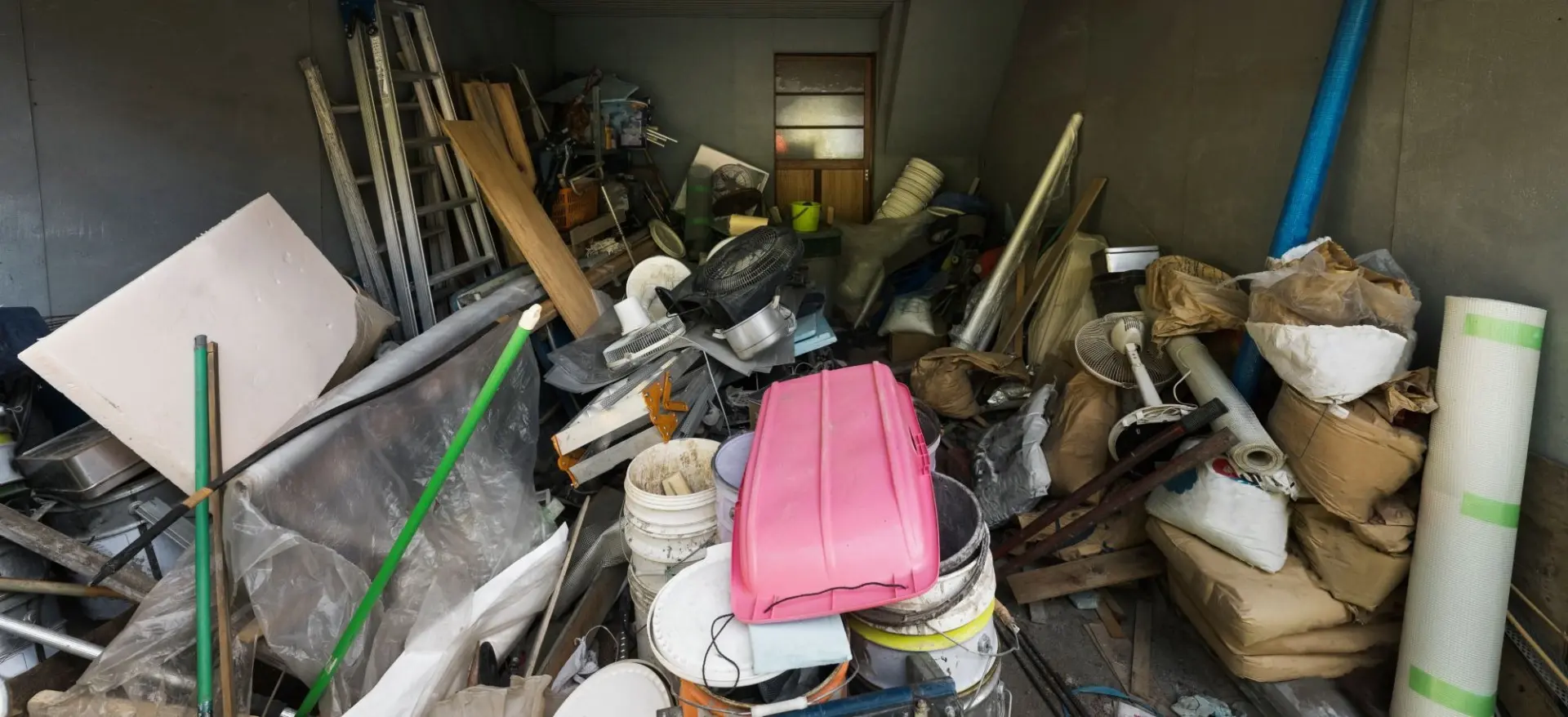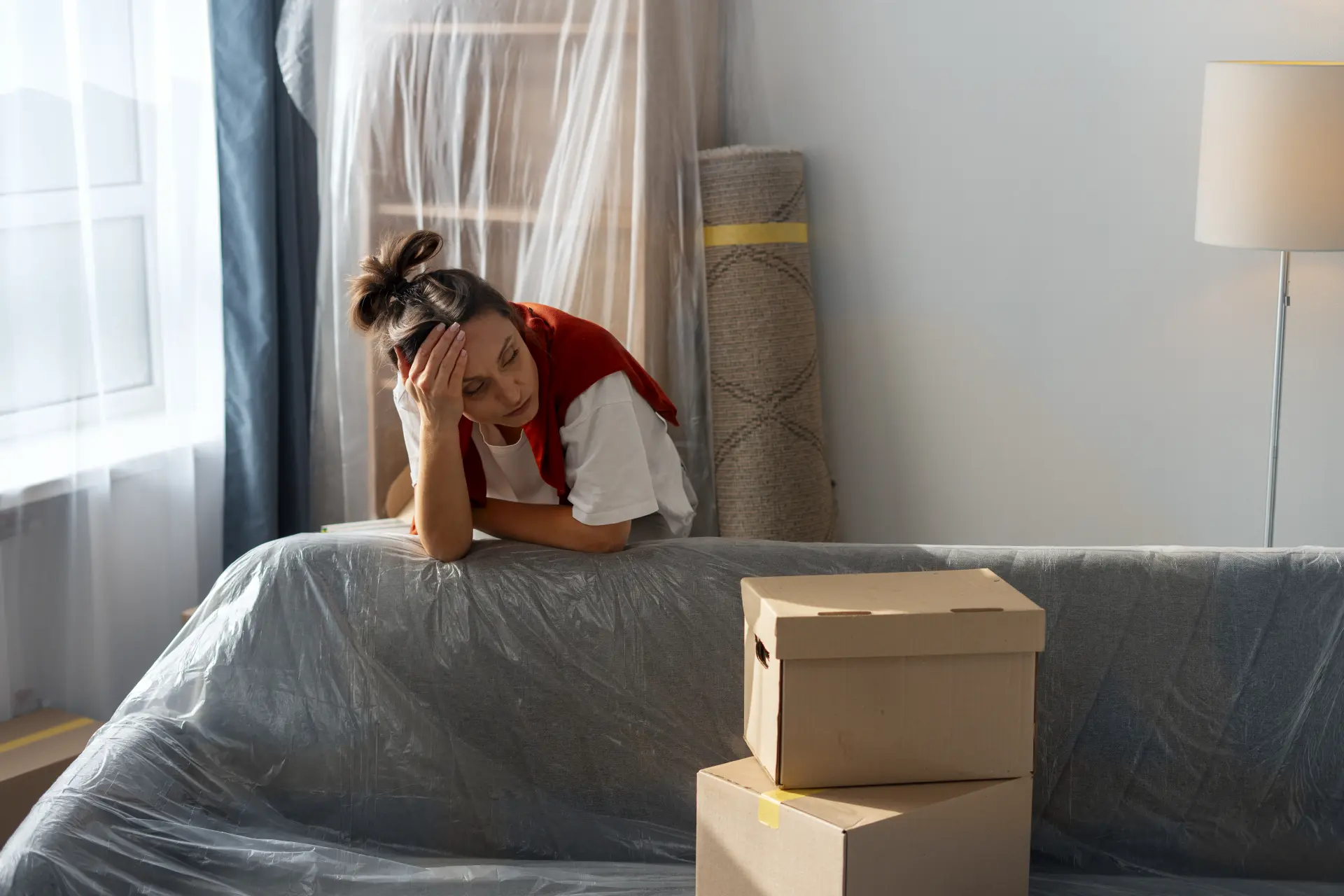Hoarding disorder is a complex mental health condition that goes far beyond ordinary clutter. Left untreated, it can create unsafe living conditions, strain relationships, and cause long-lasting distress. The good news is that effective treatments exist, combining therapy, practical support, and community resources to help people regain control of their homes and lives.
Why Treatment Is Necessary
Hoarding often begins gradually, with possessions carrying strong emotional meaning or being seen as “too useful to throw away.” Over time, this accumulation can block exits, create fire hazards, and reduce hygiene if food waste or damp items are present. The emotional burden is equally damaging, with many individuals experiencing shame, anxiety, and depression linked to their situation.
Treatment is necessary because the condition rarely improves without support. Family pressure alone is not usually enough, and forced clear-outs often make the problem worse. Professional help reframes hoarding as a treatable condition rather than a personal failing, providing individuals with the tools and encouragement to make sustainable changes.
Therapy Options for Hoarding
Therapy forms the backbone of most treatment plans. Cognitive Behavioural Therapy (CBT) is the most researched and widely recommended approach. It helps individuals recognise unhelpful thought patterns, reduce the anxiety that comes with discarding items, and learn healthier decision-making processes. In addition to CBT, other therapies may be used to target specific needs.
Motivational interviewing can increase willingness to change, while mindfulness techniques help reduce stress during decluttering. Some people benefit from working with occupational therapists, who focus on daily routines and safe living practices. The key is tailoring therapy to the individual, ensuring the approach matches both emotional challenges and practical circumstances.

Support Groups and Community Resources
Many people with hoarding disorder feel deeply isolated, avoiding visitors and hiding their struggles. Support groups, whether in person or online, can help reduce this isolation by connecting individuals with others facing similar challenges. Sharing experiences normalises the condition and provides encouragement that recovery is possible.
Community resources also play an important role. Local councils, charities, and mental health services across the UK increasingly recognise hoarding disorder as a public health issue. They may provide access to support workers, practical clearance help, or links to specialist therapists. Having a network of support beyond family makes it easier to maintain progress and avoid relapse.

Creating a Long-Term Recovery Plan
While short-term clearances can bring temporary relief, lasting recovery requires long-term planning. Setting small, manageable goals such as clearing one drawer at a time helps reduce overwhelm. Using structured systems like “keep, donate, recycle, discard” adds consistency and makes decisions less emotionally charged.
Relapse is common, but it should not be viewed as failure. Ongoing therapy, regular check-ins with support groups, and family involvement all strengthen resilience. By combining professional guidance with personal commitment, individuals can gradually build healthier habits that prevent possessions from overwhelming their living space again.
We provide compassionate, professional hoarding disorder treatment services across Scotland. Our trained team combines therapeutic support with practical assistance, helping individuals and families create safe, healthy, and comfortable living environments while restoring dignity and peace of mind.





